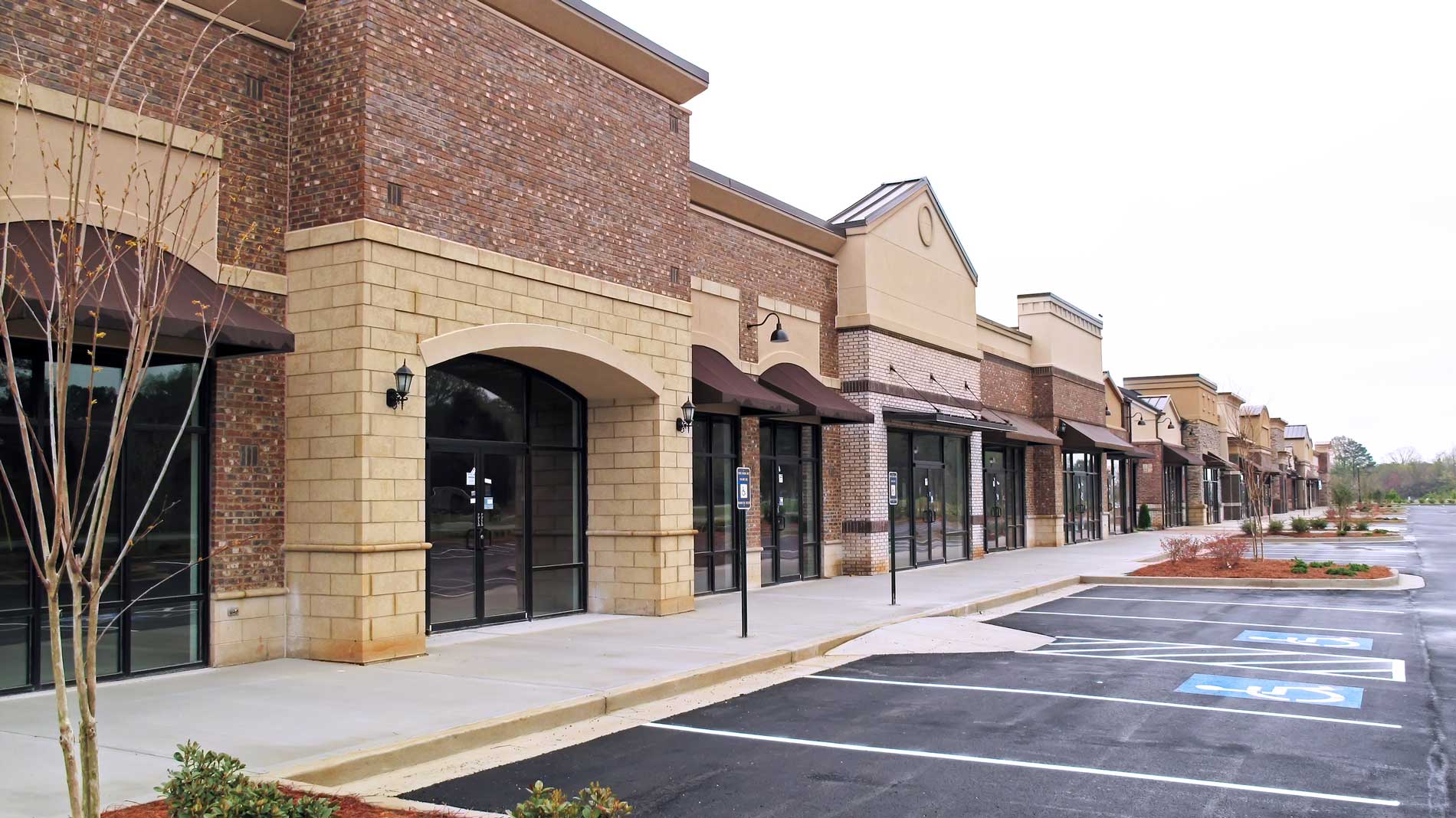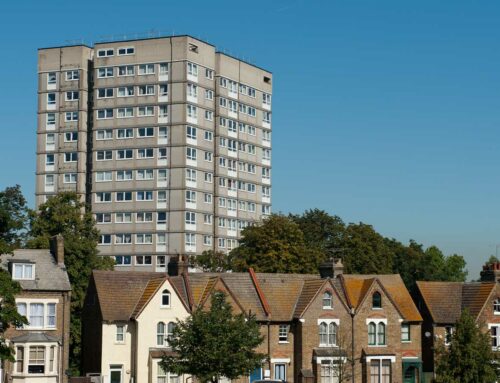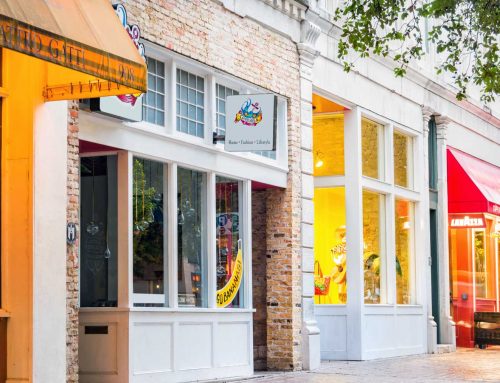The only thing we can be certain of is that we are living in uncertain times. The longer New York’s quarantine lasts, to protect the population from Covid-19, the greater the upheaval in the real estate market. Tenants in most buildings are now either unable or unwilling to make rent payments. Landlords have responded in myriad ways – from patience to intolerance. While evictions and some penalties are currently stayed, lease terminations can still go into effect.
Current assessed valuations of commercial properties were previously established by the Assessor’s office at a time that could neither incorporate nor foresee the events we are currently living through. The impact of the loss of Covid-19 related rental income on property tax negotiations remains to be seen. Because commercial properties are assessed based on income capitalization of market rents, Schroder & Strom, as counsel to our affected clients, will assert that the current loss of monthly income be recognized when presenting and negotiating our annual appeals. In Nassau County, the Assessor values property as of January 1 of any given year (the taxable status date). On January 1, 2020, the world appeared normal and rents and tenancies were unaffected. We will press the County to consider the impact of the pandemic when it reviews current assessments based on the fact that tax bills will be due later in the year when rental income may be dramatically reduced. Likewise, with the taxable status date of March 1st in Suffolk County, we watched as Covid 19 affected other countries, but not ours. The first Executive Order from Governor Cuomo was issued on March 7, 2020 and New York businesses closed rapidly thereafter, pursuant to governmental decree. We will press Suffolk assessors to consider the financial performance of the last few months when our conferences are scheduled.
The impact of the shutdown will likely affect the value of commercial real estate. Consider the shopping center where a majority of occupants are restaurants, personal services salons, stationery stores, (which are now considered non-essential businesses) versus a center with a bank, liquor store, hardware store and supermarket (deemed essential businesses). The marketplace may deem the one filled with non-essential businesses a high-risk proposition and the other one the gold standard. Even if rents are identical, one may now easily sell for more in the market.
We do not yet know how this will all play out. We are hoping for some good news in terms of tax relief in all this turmoil. Stay tuned.






